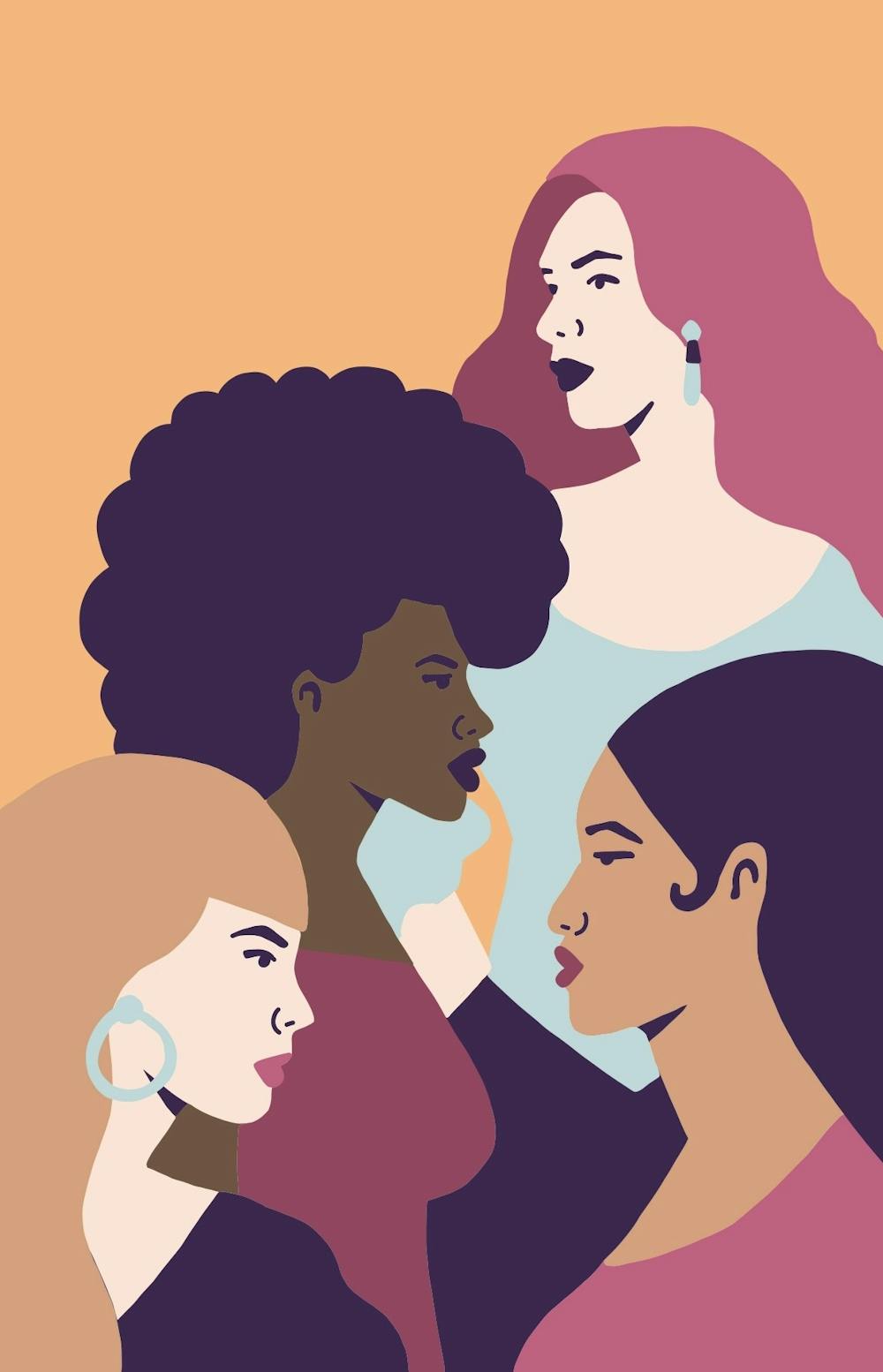At 19, I layed on an operating table with my legs spread while a man with blue latex gloves reached inside of me to terminate my 5-week pregnancy.
I had no idea about the life within me. He had used a condom. My period is often irregular, and I have gone for months sometimes without having one. Besides some mild cramping, nothing seemed out of the ordinary. A week later, as I rummaged through my bathroom cabinet, searching for Advil late one night, I noticed a pregnancy test kit hidden in the back. It was right there, so conveniently placed in front of me. Ripping off the plastic packaging, I told myself that this was simply a measure to silence any suspicion of pregnancy that lingered in my mind.
Throughout my life, I have listened as people who have never had an abortion before refer to it as the most difficult choice a woman can make. I heard this rhetoric during my highschool’s politics club from the mouths of 16-year-old girls, who have never made such a choice. I heard it from notable democratic politicians, who have never made such a choice. I heard it from friends all around me, who have never made such a choice. The democratic defense of abortion often begins with a lengthy preamble about the suffering women endure to exercise this right. Our pain has become the necessary prerequisite for the pro-choice argument. We must repent for a sin for which we will never find forgiveness. We must carry the deadweight — a burden meant for two but always placed on the one. We cannot be whole women again.
The minute I saw the little, blue positive sign on the CVS pregnancy test, I grabbed my computer to search for a nearby abortion clinic that would accept my insurance. I did not cry. I did not scream into my pillow or sit on the shower floor, clutching my naked body the way women do in the movies. It was not difficult. It was not complicated. Of course, this is not every woman’s experience. In this country, where anti-choice protestors harass women in front of Planned Parenthood clinics, having an abortion can be an incredibly trying process. But the discourse about abortion in contemporary America rarely offers visibilty to experiences like mine where the choice was not difficult or painful. And this lack of visbility only strengthens the idea that abortion is intrinsically wrong and morally reprehensible — that it renders the women who have them as fundamentally broken.
The most difficult part of this process was having to go about my day, knowing there was a growing life form inside me. I wanted it out. I wanted it gone. I couldn’t sleep until I knew it wasn’t there anymore. My first appointment ended within a minute of arriving at the clinic when the receptionist took my temperature, and we both discovered I had a fever. I was asked to leave the building immediately. My next option, Planned Parenthood, could not help me, as I had to be at least six weeks pregnant for them to terminate my pregnancy. Seeking to reduce the amount of human interaction between patients and doctors due to the ongoing coronavirus pandemic, several clinics refused to perform surgical abortions and asked patients to take the medical alternative, an induced miscarriage. This process can take hours — as opposed to the seven minute surgical procedure— and occurs at home without a medical professional present. Luckily, abortion clinics continue to remain open in my state during this pandemic and for $600, I was still able to receive this essential service. This is not the case for women living in states like Kentucky, Ohio, Mississippi and Texas.
Amidst the ongoing chaos, the outcry against these encroachments on abortion rights appear merely as background noise to headlines about death rates and curves that require flattening. As I stared at the positive sign on the preganancy test, my right to an abortion never seemed so fundamental and so obvious. It is impossible for me to even comprehend the idea that I might have been denied this service had I been living somewhere else in America.
Laying on the operating table with blue latex gloves inside me, I did not feel guilt or heart-ache. I felt relief. And I felt gratitude — for the nurses and doctors who continue to show up to work, risking their own health doing so, to help women like me. At some exact moment that I cannot recall, the IV sedation kicked in and from that point, I remember nothing of the procedure. But for those seven minutes, no matter how fleeting, Roe v. Wade protected me. This basic right, constantly threatened and subverted, survives. I fear the day we might wake up from this twilight sleep of indifference and the rights to which we’ve become accustomed simply cease to exist.
At 19, I had an abortion. I do not regret it. I do not mourn the life that could have been. Spared from nine months of emotional and physical trauma, I choose to look forward. My life is so much more than those seven minutes.
*The author has chosen to use a pseudonym for this column
The opinions expressed in this column are not necessarily those of The Cavalier Daily. Columns represent the views of the authors alone.







